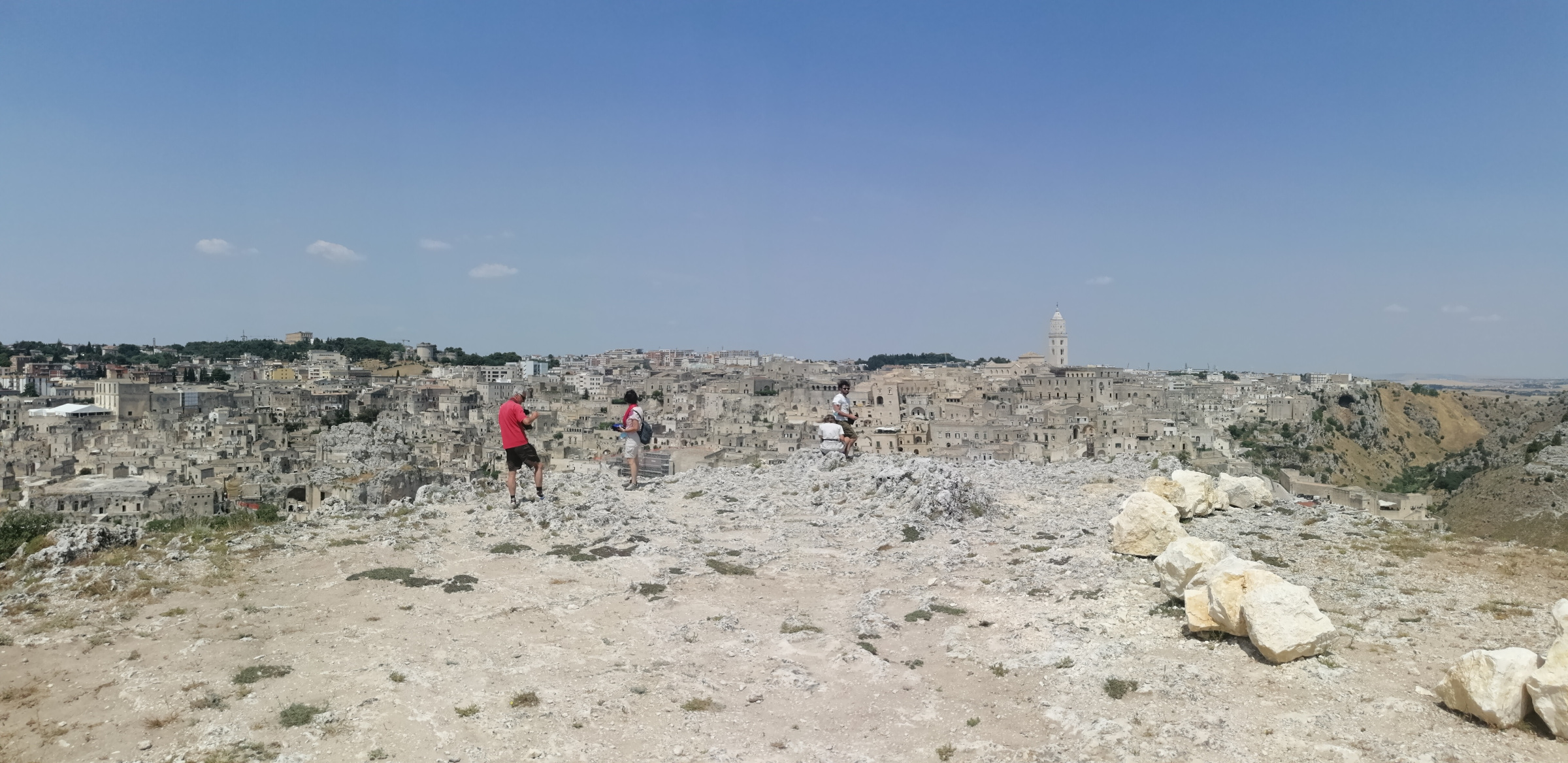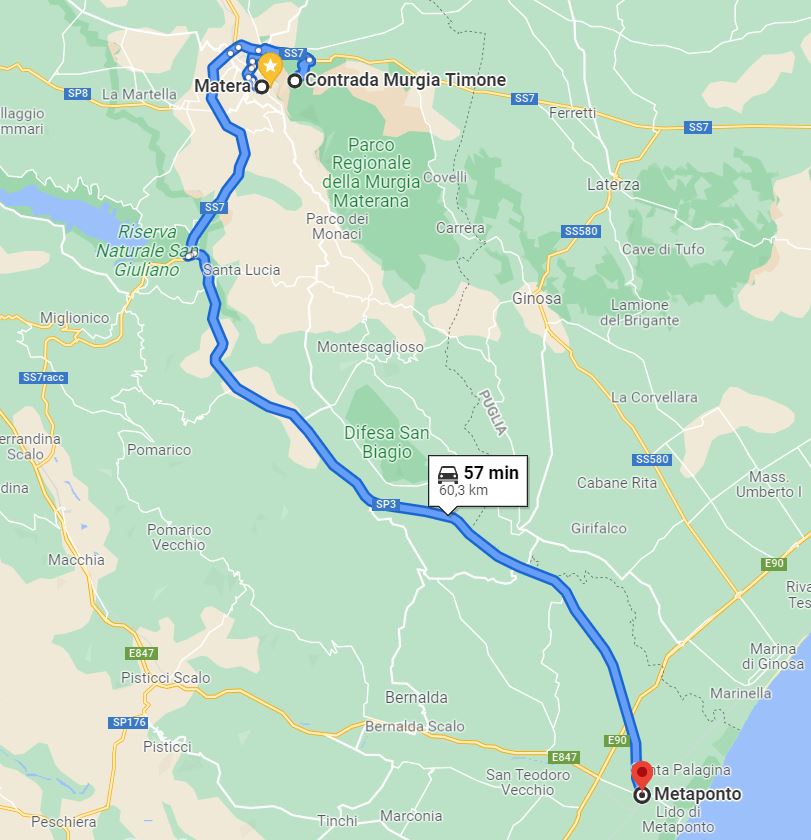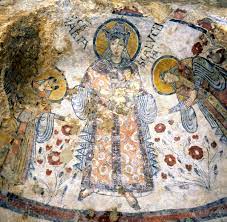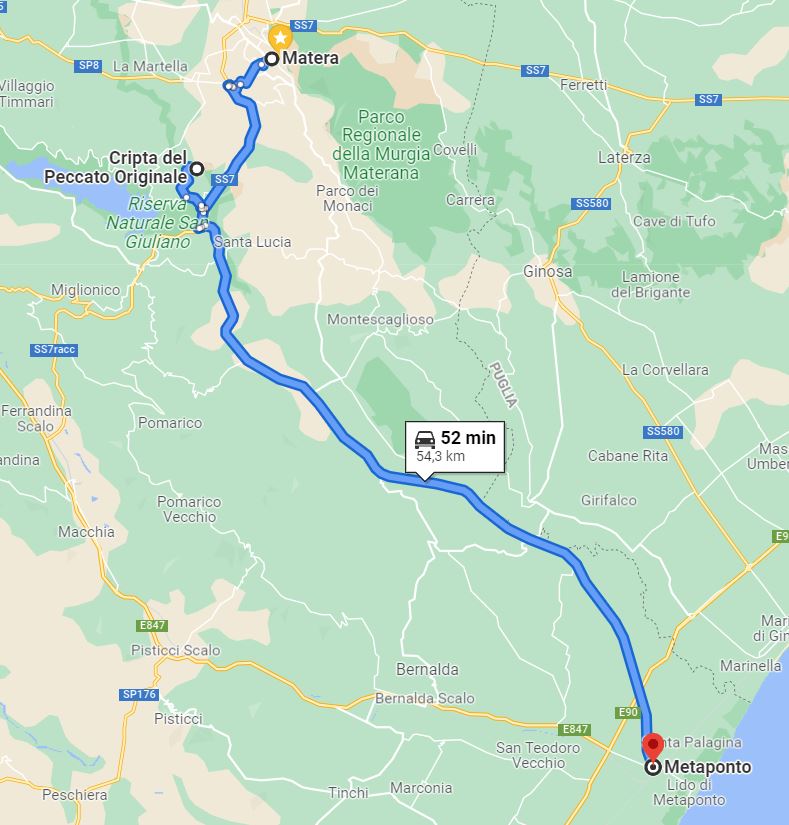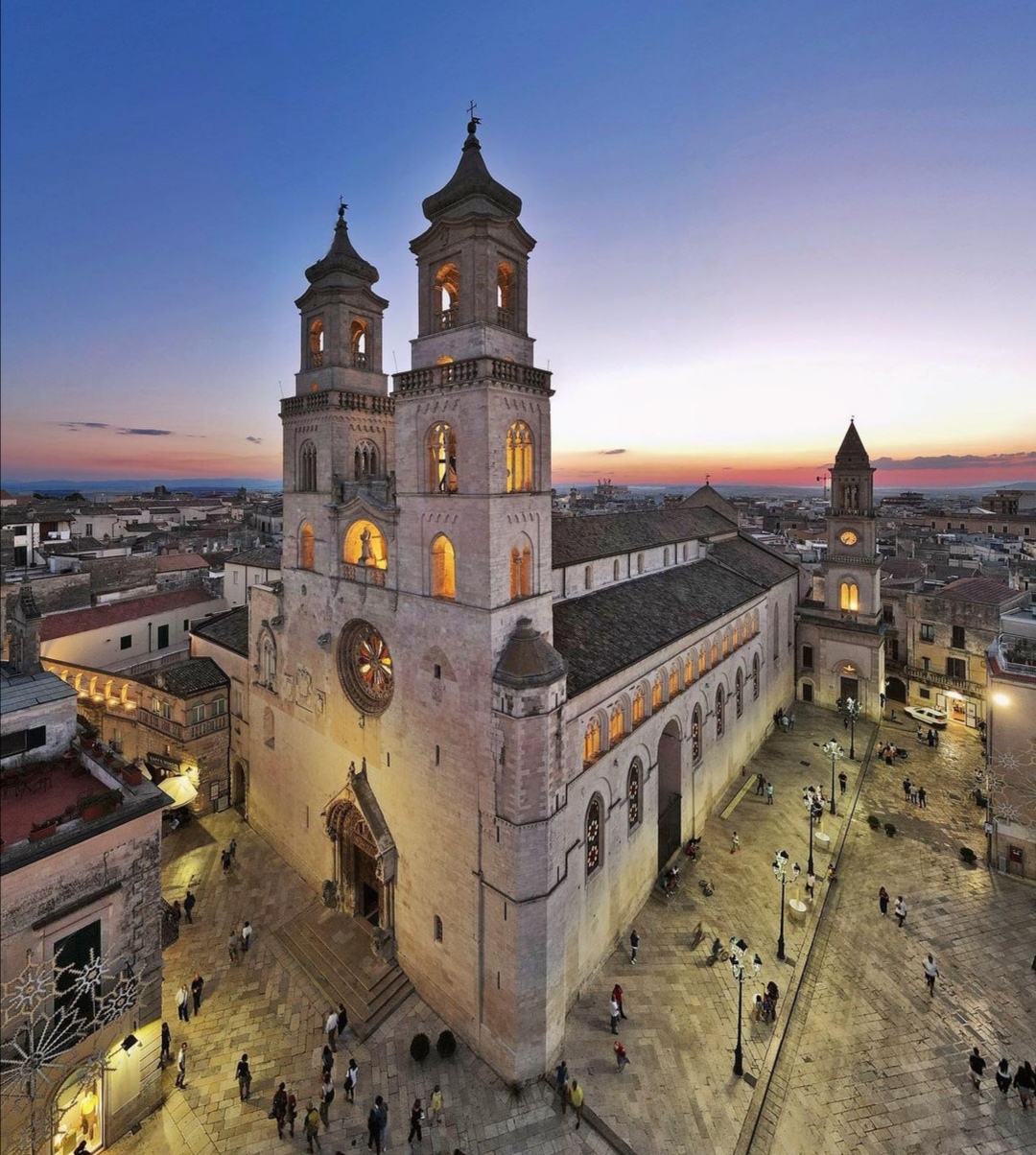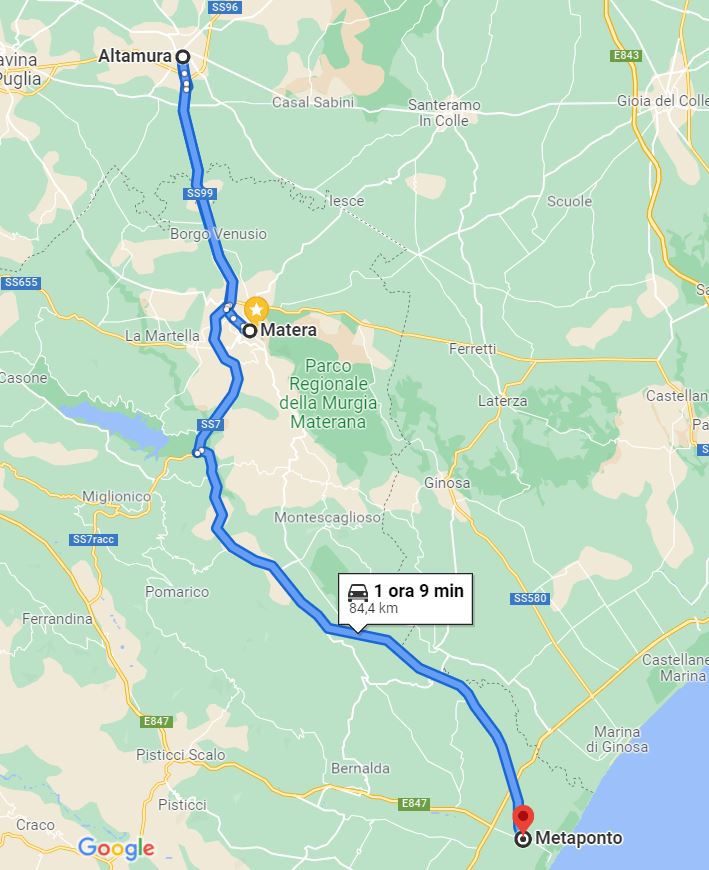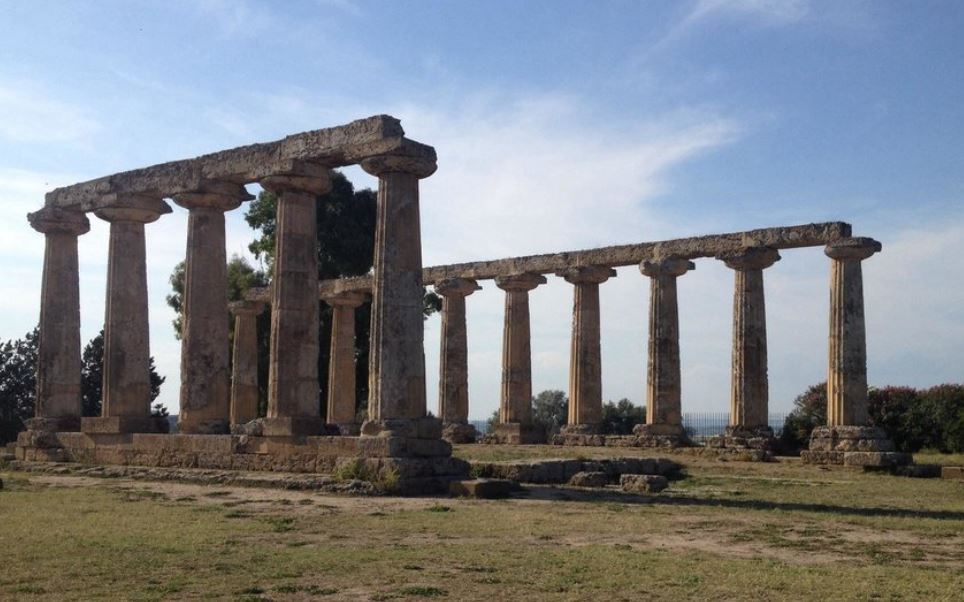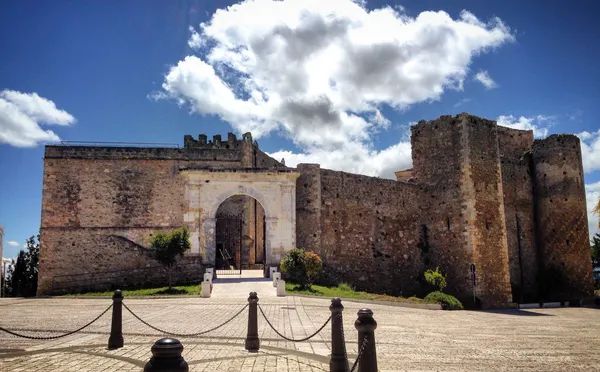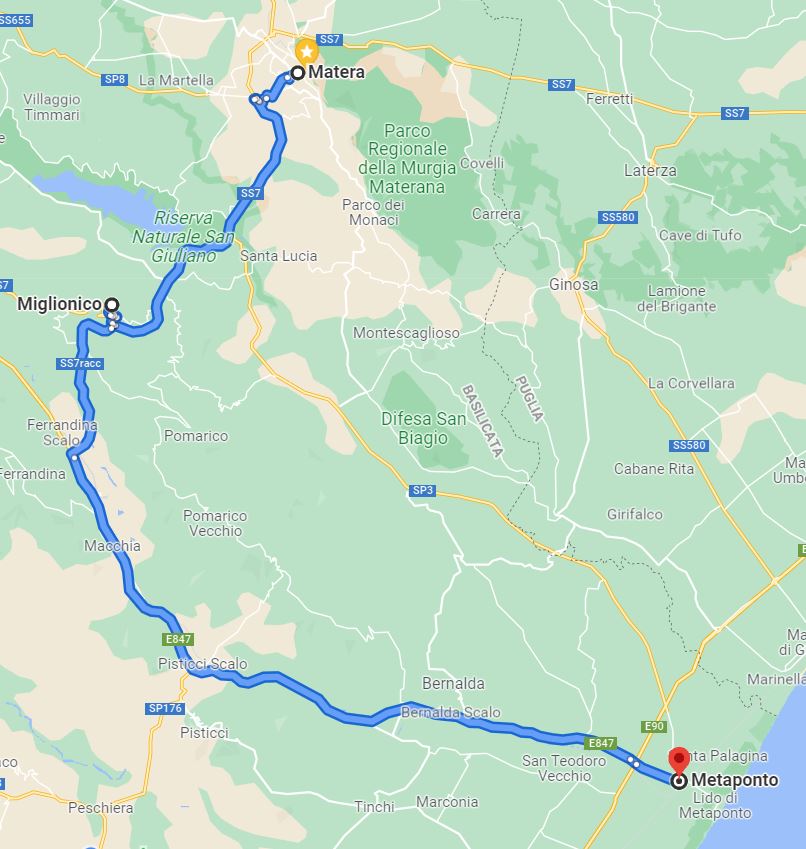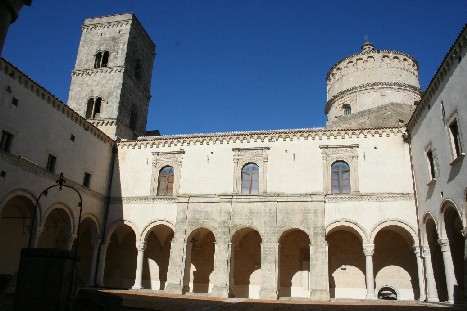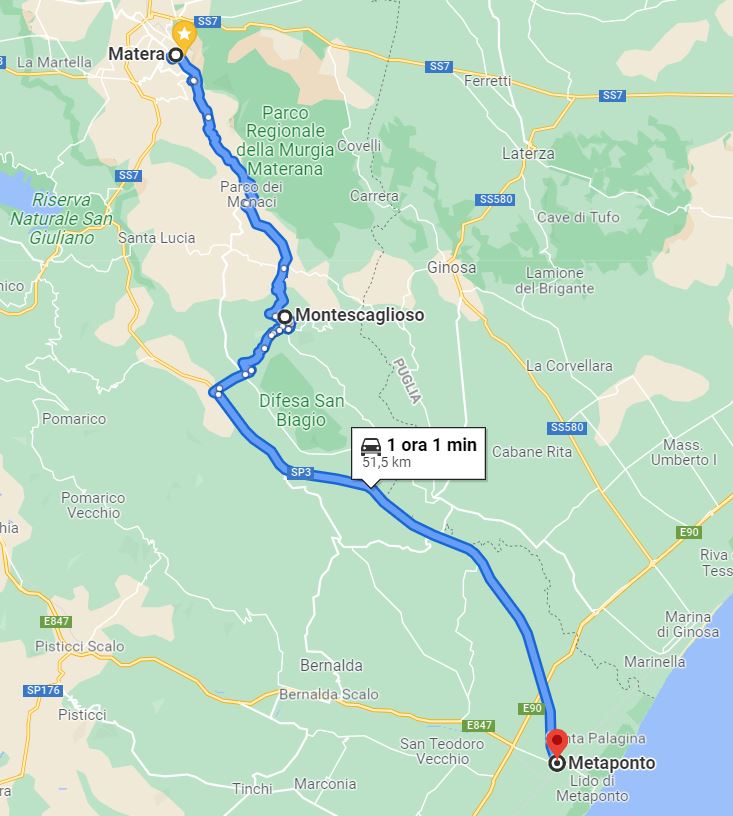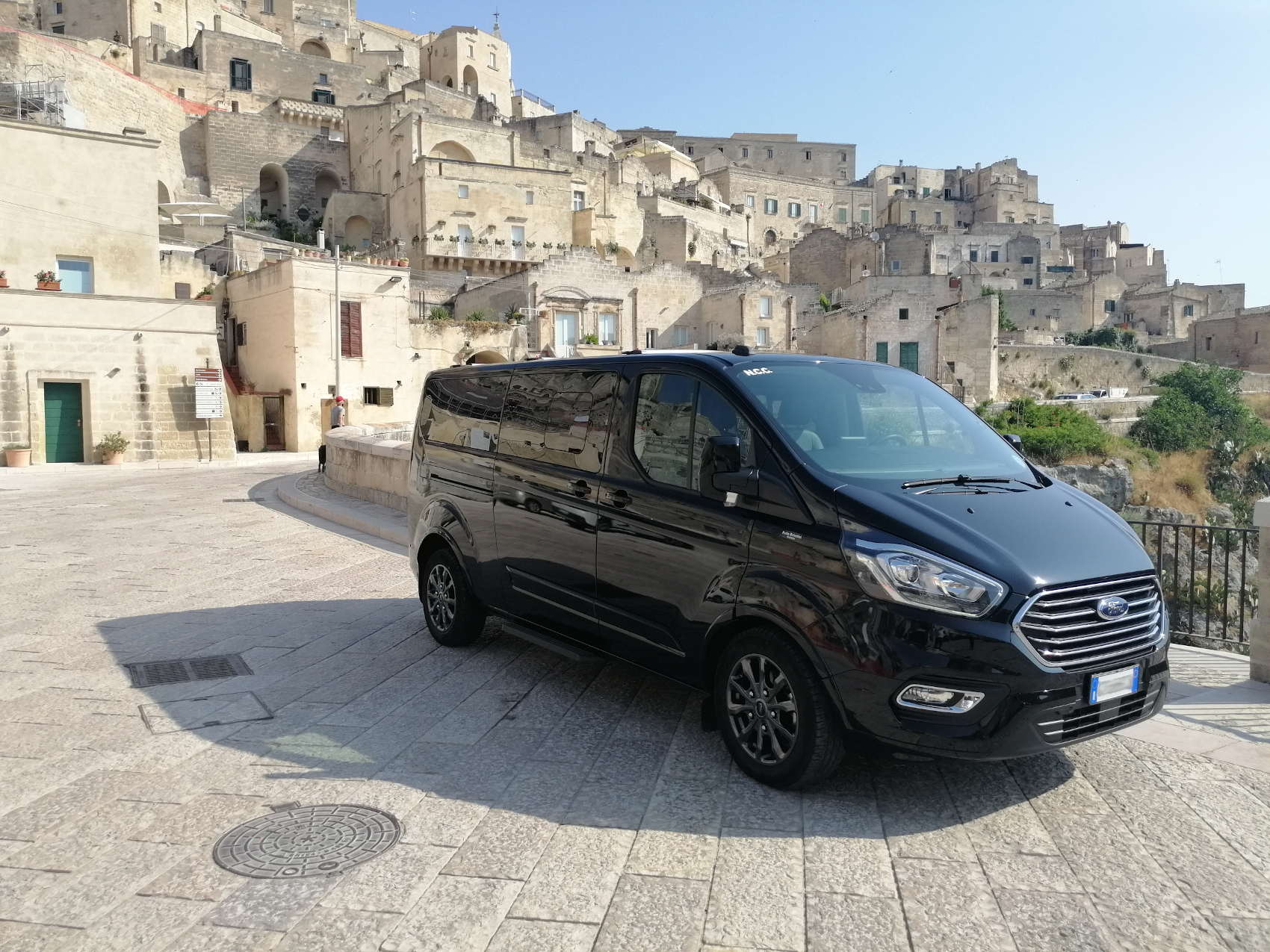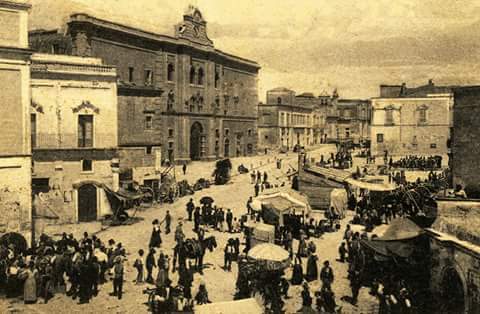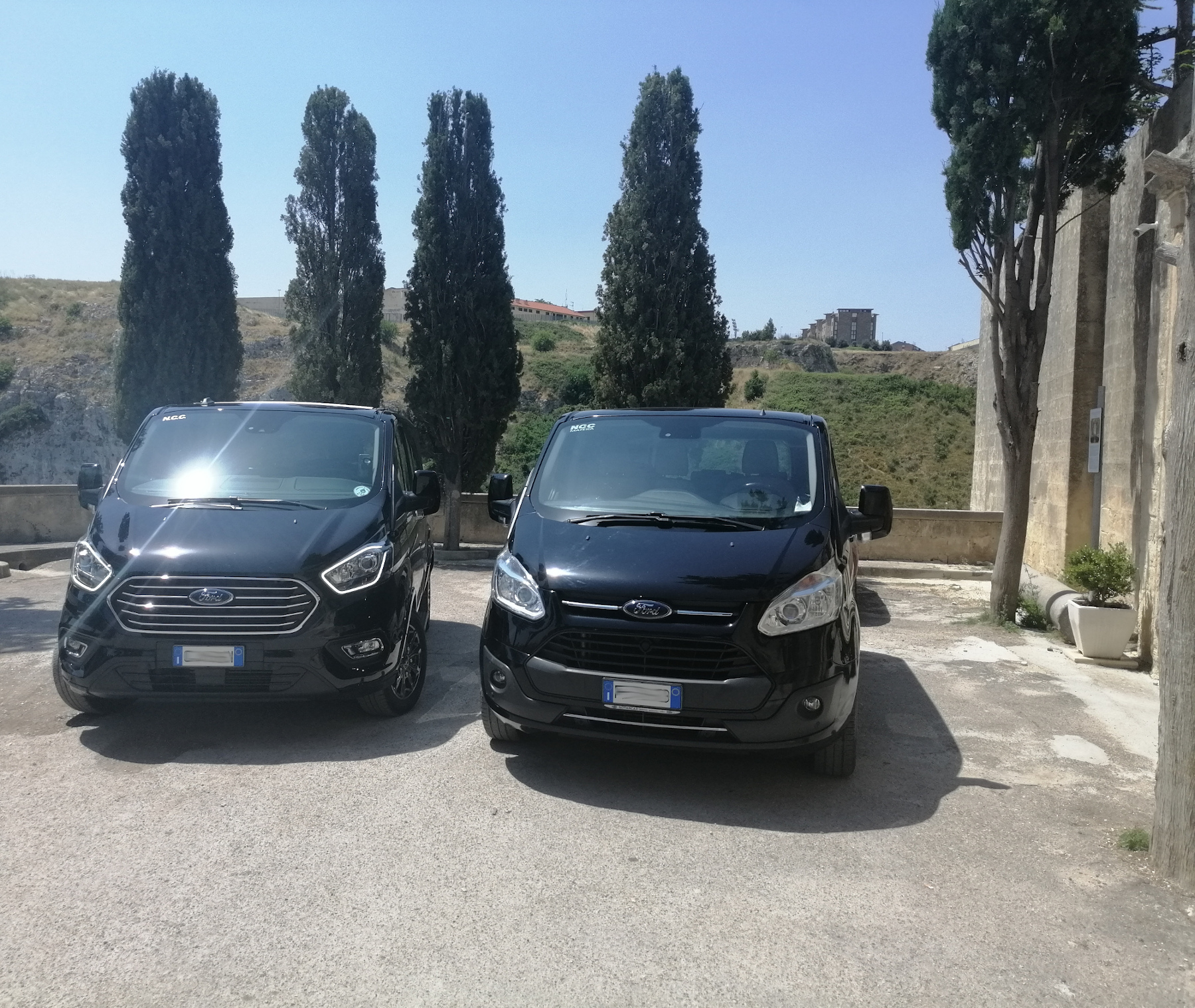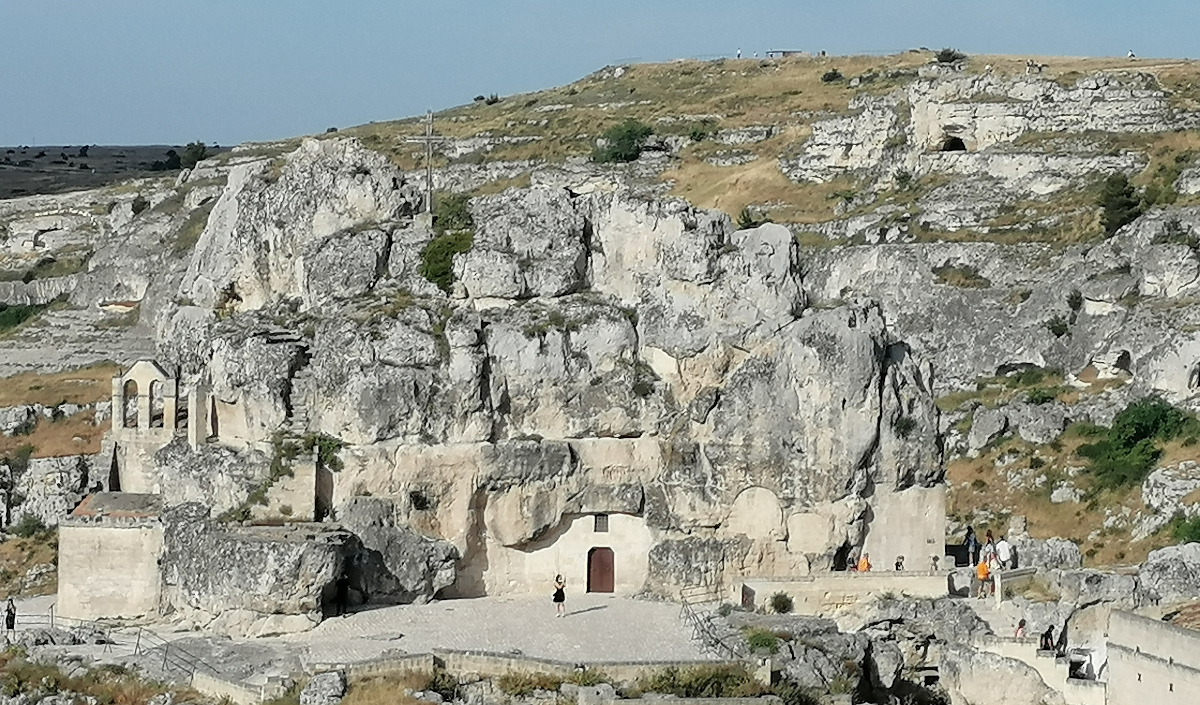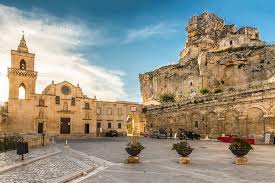RENTAL SERVICES WITH DRIVER
FROM AND TO MATERA
RATES
Matera | Metaponto station or coast
and Jonic Coast shared service
Shuttle Matera
by Made in South of Italy
Matera | Metaponto station or coast and Jonic Coast shared service
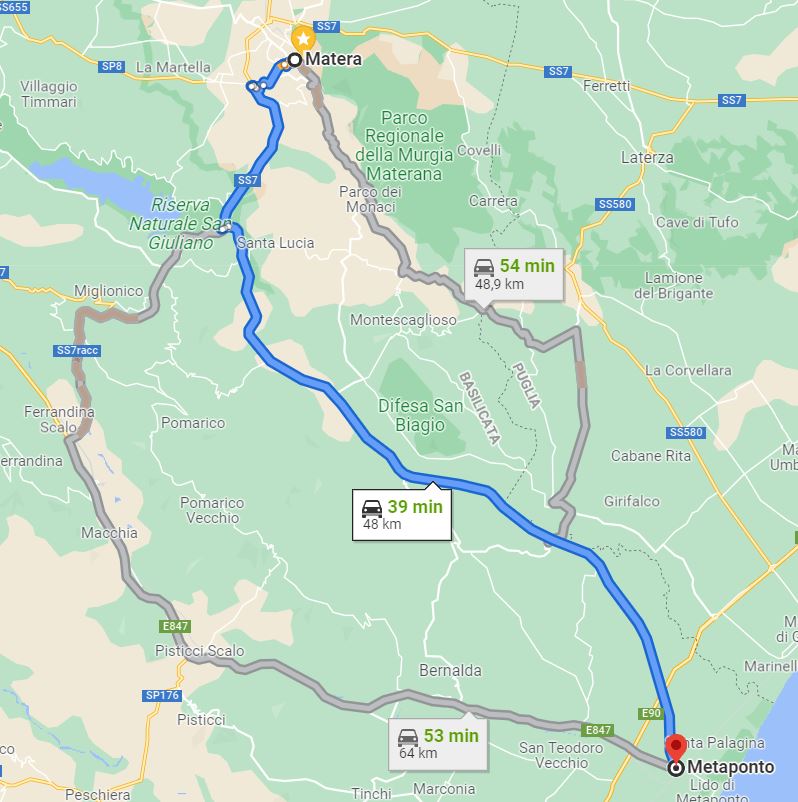
| number of passengers | fare * without sharing** |
| 1 pas. | € 55.00 |
| 2 pass. | € 55.00 |
| 3 pass. | € 55.00 |
| 4 pass. | € 60.00 |
| 5 pass. | € 65.00 |
| 6 pass. | € 70.00 |
| 7 pass. | € 70.00 |
| 8 pass. | € 75.00 |
| **discount for sharing | |
| sharing | -10 |
* total fare for number of passengers, excluding VAT 10%
Jonian coast supplements
| Ginosa Marina | + € 15.00 |
| Castellaneta Marina | + € 20.00 |
| Scanzano Jonico | + € 25.00 |
| Policoro | + € 35.00 |
| Nova Siri | + € 45.00 |
| Rocca Imperiale | + € 60.00 |
| Roseto Capospulico | + € 70.00 |
** Total fare, excluding VAT 10%, to be added to Matera/ Metaponto rates based on the number of passengers
Please note!
The above rates are valid for companies with us directly affiliated and confirmed at the time of booking. In case our cars of partner companies are not available, other solutions will be proposed and agreed and, in this case, rates may vary.
time slot
from 7:00 (car departure time from Matera)
to 21:00 (arrival time car in Matera)
from 21:00 to 7:00 check additionals charges
additionals charges
working days outside the time slot + € 10,00
Sunday surcharge +€ 10,00
>festive surcharge +30%
driver available for the first 3 hours + € 30,00/h
driver at disposal from the fourth hour + € 25,00/h
Our fares include
car rental with driver;
passenger insurance;
fuel cost
driver waiting in case of flight or train delay.
Our fares do not include
TAX 10%;
Motorway tolls, car parks or ferry tickets;
Meals and overnight stays for full day driver;
everything not expressly indicated in "the rates include"
IMPORTANT!
in all cases where it is impossible to reach the desired places or make transfers due to problems not arising from our will (such as unusable road surfaces, snow, dangerous situations, etc.) Shuttle snc reserves the right NOT TO CARRY OUT the transfer in the times and places previously booked and to agree on the cancellation or variation of the transfer methods, as well as the rates, days and times of departure or meeting.
Possible excursions in addition to the service
from Matera to Metaponto or Jonic Coast or vice versa
Belvedere (Murgia Timone)
Murgia Timone, together with Murgecchia, is a plateau located in front of the heart of the Sassi and the oldest part called "La Civita" just past the river Gravina. The whole surrounding area is characterized by the presence of caves well visible from the ancient tufa districts. In this area was discovered the first entrenched village. The discovery is attributed to the peasant materano Giovanni Iacovuzzi, one of the most valuable collaborators of Ridola.
The neolithic village
The village has an almost oval shape and gathers more Neolithic huts. In the outer part of this village there is a moat, defined by Ridola a "Trench", excavated most likely with stone tools. This moat has a width between 1.90 and 2.70 meters in width and a depth between 1.50 and 2.50 meters for a total perimeter of the moat is 664 meters. Within it were found by Ridola numerous holes that are thought to be used for the installation of wooden poles for the huts. Graves have also been found in grotticella hypogea, obviously after the occupation of the site.
The archaoligic findings
In the site were also found several objects dating back to the prehistoric age and especially processed stones. In addition to these carved stones were later brought to light numerous other archaeological finds such as fragments of painted vases, three axes in polished stone (typical of the Neolithic), bone spatulas and blades. These objects are currently the numerous preserved in the National Archaeological Museum "Domenico Ridola" of Matera.
the Crypt of Original Sin
On Via Appia towards Miglionico at Km 567, after crossing the bridge over the Gravina torrent, take the first tract on the right and follow it in full. A narrow and uneven staircase leads to the rooms below where the rock church "of Original Sin" more known as "the Cave of the Hundred Saints". The interior of the crypt, vaguely rectangular, has only the left wall moved by three large unequal niches.
This cave, poor in architectural elements, is characterized by a remarkable pictorial cycle that illuminates the interior walls of the left and bottom. The back wall is divided by the erect figure of Christ the Redeemer who wrote the letters in the three sectors of the nimbus cross : P A X. To his left develops the biblical episode of "Original Sin". The scenes that unfold on the other half of the wall recall the advent of Darkness (evil) and Light (good). Below is the liturgical purification of a bishop.
On the left wall the three apse niches contain as many triarchies. The first presents S. Peter flanked by S. Andrea and S. Giovanni. The second Triarchy shows the Madonna and Child adored by two Muliebri figures. The third composition represents the Triarchy of the Archangels. The flat wall above the three apses was also once decorated with wall paintings, now reduced to small illegible fragments. In the innermost area, very ruined, appears the Christ with the nimbus of the cross holding in the left a black globe. On the side, kneeling, is the Archangel Gabriel in the act of worship.
Altamura
There are 2 accesses to the historic center. Porta Matera and Porta Bari. The latter was part of the ancient city walls that surrounded the city. Today its current appearance is very different from the original. Passing through the Porta Bari, take the Corso Federico II of Svevia, to reach both the National Archaeological Museum and the Ethnographic Museum of Alta Murgia.
National Archaeological Museum
Inside you can visit:- the reproduction obtained from the remains of the Man of Altamura (christened Ciccillo);- the area reserved for the "Prehistory of food - The origins of bread", with a deepening on the evolution of food production processes from the Neolithic to today. - an in-depth study of the Paleolithic in Puglia and a good collection of finds from archaeological excavations in the area, particularly in the necropolis.
The man from Altamura
The real remains of the man of Altamura are kept in the not distant cave of Lamalunga. They belong to the oldest Neanderthal to which it was possible to read the DNA. A museum has been dedicated to the Man of Altamura in the five-seventeenth century Palazzo Baldassarre.
The Ethnographic Museum of Alta Murgia
Founded on the initiative of an archaeological collector and overseer Pietro Locapo. First entitled the Museum of Peasant Civilization. It houses and exhibits the collection of agricultural-pastoral life in the territory of Alta Murgia, between the late nineteenth century and the early decades of the twentieth century.
The Cathedral
The Cathedral of Santa Maria Assunta is the most important main monument Built in the thirteenth century by the will of Frederick II of Swabia, it is located in the street named after the same emperor. The monument of Piazza del Duomo. The main facade is enriched by decorations that surround the main portal.
In the architrave it is easy to recognize a representation of the Last Supper; and the scene of the Madonna enthroned with the child and two angels, depicted in the lunette. In the arches you can admire 22 scenes from the life of Jesus. Below, two lions stand guard. The interior, in baroque style, consists of polychrome marble, the coffered ceiling, the coats of arms of the reigning families. Inside it can be visited thanks to two side walkways.
Tavole Palatine
The tavole Palatine are the remains of a Doric temple from the 6th century BC. It was built near one of the rivers that crossed the Basilicata, the Bradano River.
It was initially thought to have been built for the cult of the goddess Athena but, after excavations dating back to 1926, archaeological finds were found that attributed the construction of the temple to the goddess Hera.
The Temple, seen from above, had the shape of a rectangle and was composed of 36 columns symmetrically arranged with a cell in the center. To date there are still visible 15 columns with 20 grooves and capitals of the Doric order and had a size of 34.29 meters long and 13.66 meters wide while the inner cell was 17.79 meters long and 8.68 meters wide.
Being built with the local limestone rock the temple has suffered a strong degradation over time. From the archaeological excavations in the immediate vicinity of the Temple were found numerous remains of the ancient terracotta decoration, statuettes, ceramics and other pieces of columns exhibited at the National Archaeological Museum of Metaponto.
Miglionico
The Historic Center
The city of Miglionico has a beautiful old town. Walking through the alleys seems to have taken a dip in the past. The interesting route could start from via Extramurale Torre di Fino until you reach, along the panoramic route, the Bradano Valley. Walking all around the ancient city walls, along the route you will find numerous towers.
Chiesa Madre e Polittico di Cima da Conegliano
Along the inner streets of the historic center you will find the Mother Church dedicated to Santa Maria Maggiore. Inside you can visit the Polyptych of Cima da Conegliano, the Crucifix of Padre Umile Da Petralia Soprana and the great baroque organ with its over 300 pipes. Altea Churches can be visited without a doubt the Church of Purgatorio with the beautiful view of the tower of the bell tower with clock and the Church S. Maria delle Grazie which inside are kept some beautiful frescoes.
The Castel of Malconsiglio
One of the most interesting tourist attractions of the city is undoubtedly the Miglionico Malconsiglio Castle. In addition to its extraordinary beauty, the Castle has its historical importance from which its name derives. In this place, in fact, was held the well-known Conspiracy of the barons and nobility of the time against King Ferdinand I of Naples.
The Castle can be visited inside thanks to an external perimeter path in the shape of a parallelogram that encloses inside a courtyard from which to access the various rooms. Inside these rooms has been set up a multimedia guided tour thanks to which you can relive the Conspiracy of the Barons. At the end of the route you reach the Sala Stella where the historical event took place. In this room was reproduced a table set in front of the King and visitors can sit "participating" in the conspiracy.
Montescaglioso
The Historic center and the Castel
At the beginning built as a stronghold of the Byzantines then, after the succession of dominations of various feudal families, the development of the city of Montescaglioso has flourished around the Benedictine Abbey of San Michele Arcangelo inside which is enriched by beautiful frescoes. Even in this town in the province of Matera, walking through the streets of the historic center, it seems to have made a leap into the past.
The municipality develops on the upper part of a small mountain until it reaches, on its summit, the Abbey. Along the way it is also possible to admire the Norman Castle (XI century) built in control of Porta Maggiore, the most important of the six accesses to the city. The Castle is developed around a courtyard which is accessed through a portal flanked by one of the two towers still surviving.
Over the years the castle has seen the domination of various and has undergone various transformations between reconstructions and demolitions. The only one of the six city gates still standing, Porta Sant'Angelo, allows the entrance on the esplanade of the Abbey of San Michele.
The San Michele Arcangelo Abbey
The entire historical center of the city of interesting Churches, among which stands out for its beauty and grandeur the Abbey of San Michele Arcangelo, Like the Chiesa Madre dei Santi Pietro e Paolo with its splendid 44-metre bell tower and the elegant and luminous decorative late Baroque decoration that characterizes the interior. Its dome of the presbytery is embellished with high reliefs in stucco of the four evangelists, while the side aisles are enriched by the 4 canvases of the Calabrian artist Mattia Preti.
The Santo Stefano and San Rocco Churches
This lovely place of worship to visit is the Church of Santo Stefano is formed by a single apse, dominated by a dome, the Church of San Rocco dedicated to the Patron Saint of Montescaglioso located near Porta Maggiore, centrally located in the city.
This church has an elegant facade, with a fifth closed by two giant pilasters and crowned by a tympanum in turn surmounted by a grandiose bell tower that reproduces a famous Bourbon fountain on the seafront of Naples. To embellish the facade, in the center, is a portal with on purpose the epigraph relating to the reconstruction of the church.
Extra hours waiting driver
+25,00€ per hour and part of an hour
Our rental services with driver
Cartoline di Matera (postcards from Matera)
We collect splendid professional and amateur and vintage photographs of Matera and the Sassi.
Browse our Facebook page and click "Like" for your favorite photos
